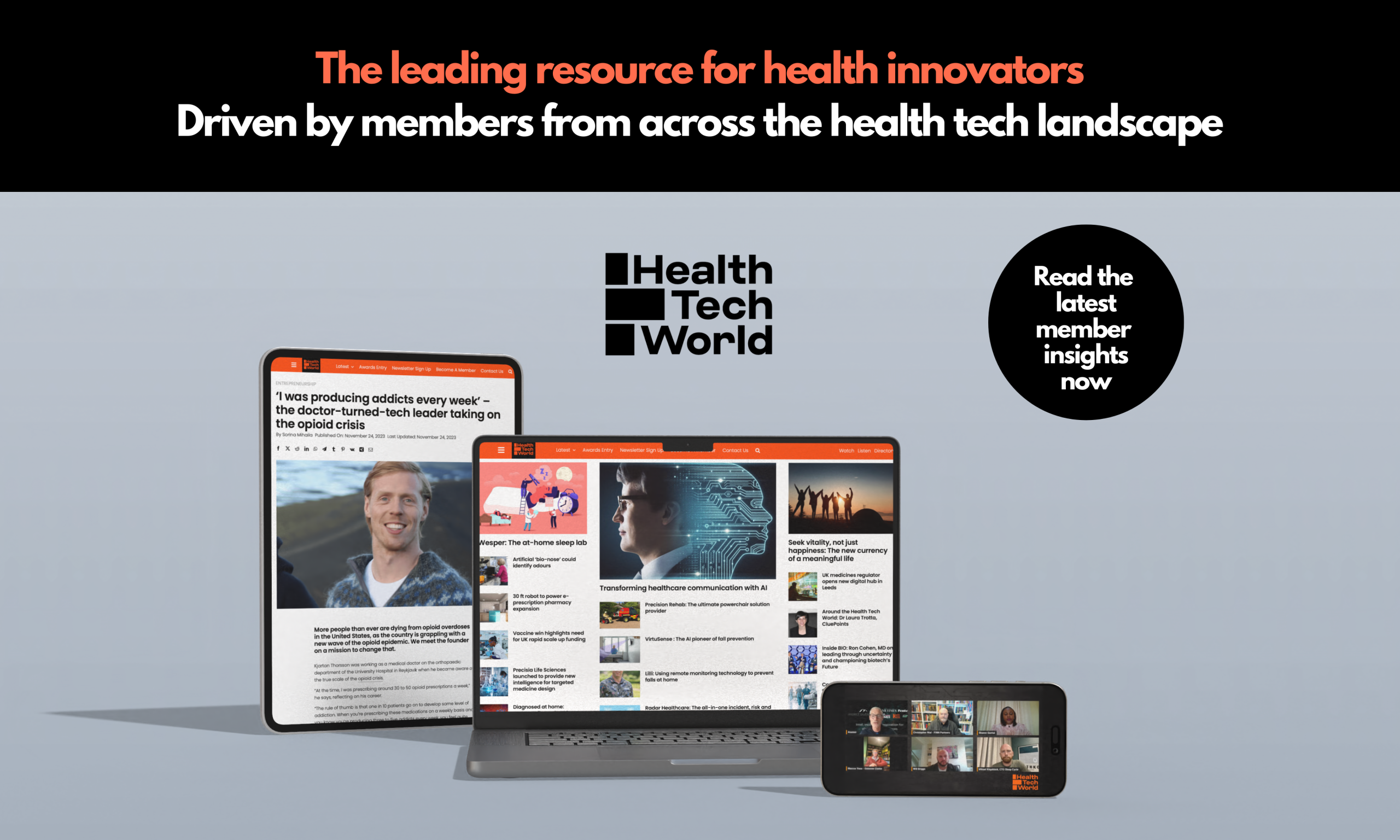Reforming drug pricing key for UK’s life sciences ambitions, warns GSK leader

Britain will struggle to be a life sciences superpower without reforming drug pricing, GSK’s outgoing chief executive has warned.
Emma Walmsley said she was “hopeful and ambitious” that the standoff between the pharmaceutical industry and government could be resolved, as ministers draw up proposals to increase NHS spending on new medicines by up to 25 per cent.
The government’s drug pricing announcement could come by the end of this week, according to sector sources.
Walmsley, who will hand over the top job to Luke Miels, currently GSK’s chief commercial officer, at the end of the year, said: “What everyone is putting their energy into, hopefully resolving, is how we make sure this country creates the right commercial environment.
“Without that, it’s going to be very difficult to be able to be a leading life sciences superpower, which is what we want […] and we are not going to secure something else we all want, which is patient access to innovation.”
A potential deal between industry and government is tied to negotiations with Donald Trump’s administration over drug pricing, after the US president pushed companies to lower prices – historically higher than elsewhere – and invest in the US or face trade tariffs.
Walmsley noted that the NHS spends less than 10 per cent of its budget on medicines, a lower figure than in the past.
Her remarks came a day after science minister Patrick Vallance said “some degree of price increase is inevitable.”
He told MPs on the science committee: “For brand new, innovative medicines it’s likely there will be some price increase.”
A price rise will require additional NHS funding as chancellor Rachel Reeves faces tough decisions to balance the books, likely testing Labour’s election promises not to raise VAT, income tax or national insurance.
“We’ve discussed the fact that if there’s a rise in price for innovative medicines, that comes with a cost load, and that needs to be met,” Lord Vallance said.
The NHS Confederation and NHS Providers, representing trusts and other health organisations, said this week that the cost of covering redundancies, strikes and higher medicine prices was not included in the budget and would need extra funding from the Treasury.
While GSK is investing US$30bn in US manufacturing and research, Walmsley reaffirmed the company’s support for the UK’s life sciences strategy and its commitment to Britain.
This contrasts with other pharmaceutical groups, including MSD (known as Merck in the US) and AstraZeneca, which have scrapped or paused UK investments.
GSK raised its 2025 sales and profit forecasts, driven by double-digit growth in respiratory, inflammation and immunology, oncology and HIV treatments.
Shares jumped almost 6 per cent, making it one of the biggest risers on the FTSE 100.
The company reported pre-tax profit of £2.5bn for the third quarter, compared with £64m a year earlier, reflecting the US$2.2bn (about £1.7bn) settlement of US court cases over claims that its Zantac drug caused cancer. GSK denies that the drug caused cancer.
Vaccine sales rose 2 per cent to £2.7bn in the quarter to 30 September, mainly driven by sales outside the US.
In the US, GSK reported a 15 per cent drop in sales of its shingles vaccine, Shingrix.
Vaccination rates in the US have slowed since Robert Kennedy Jr, an anti-vaccine campaigner, became health secretary.
He has cut funding for research and removed the head of the Centers for Disease Control and Prevention.
Walmsley said: “We remain very cautious about the environment in the US.”










